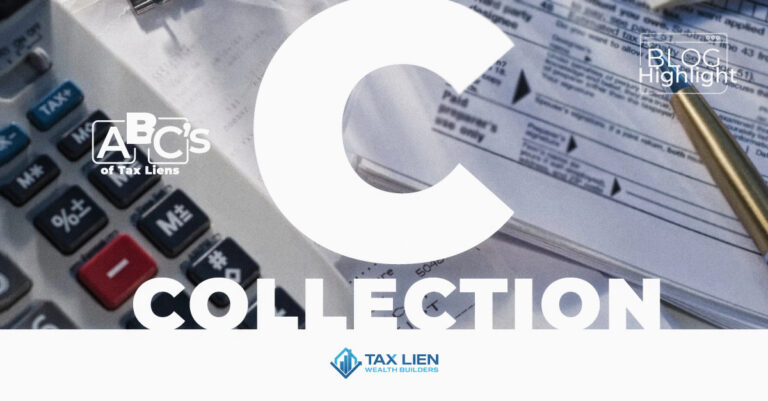Tax Lien Investing – A Local Government Strategy To Help Counties Generate Revenue
You’re not just bidding on properties – you’re dealing with the intricacies of local government regulations and compliance requirements.
So it’s essential you understand the role of government and compliance with local regulations as an investor in tax lien.
Let’s explore the role of the government in tax lien investing:
Tax Lien, Government Regulations & Compliance
Issuer of Tax Liens:
- Local governments issue tax liens as a means to make up for unpaid property taxes.
When property owners forget to pay their taxes, the government may sell the tax liens to investors to generate revenue both for the government and the investors alike.
Revenue Generation:
- Selling tax liens allows local governments to generate much-needed revenue to fund public services, infrastructure projects, and other essential community initiatives.
So, when you invest, you’re not just making money; you’re investing in your community’s future
Legal Authority:
- Governments have the legal authority to place a lien on a property for unpaid taxes.
This lien represents a claim against the property, giving the government the right to sell it to investors if the taxes remain unpaid within the specified redemption period.
Public Auctions:
- Governments typically conduct public auctions to sell tax liens.
These auctions can be in-person or online, providing you and other investors an opportunity to bid on the right to claim the unpaid taxes on a property.
Regulatory Oversight:
- Rules and regulations may not sound like the most exciting part of tax lien investing, but they’re crucial for staying on the right side of the law.
You must comply with these regulations, which vary by jurisdiction, to ensure legal and ethical participation in tax lien investing.
Redemption Period:
- Governments set the redemption period, allowing property owners a specified timeframe to pay off the overdue taxes and reclaim their property. This period is a critical aspect of the tax lien process and is established by local laws.
Legal Procedures:
- Local governments follow specific legal procedures for tax lien sales, redemptions, and potential foreclosures.
All you need to do is to understand and adhere to these procedures and be rest assured that your rights and interests as an investor are secured.
Public Records:
- Information about tax liens, including property details, auction dates, and redemption periods, is often a matter of public record.
You can get-behind-the-scene and access these records to conduct due diligence and make informed investment decisions.
Revenue Allocation:
- The revenue generated from tax lien sales is allocated to various municipal funds and services.
This includes funding for schools, public safety, road maintenance, and other essential community services, this ensures that you’re making a difference in your community.
Legal Obligations:
- Being a tax lien investor is not just about collecting the checks you must be aware of your legal obligations.
This includes understanding the rights and responsibilities associated with being a lien holder, compliance with local regulations, and adherence to the legal framework established by the government.
Economic Impact:
- Tax lien investing can have economic implications at both the local and individual levels.
It provides the local governments a mechanism to address budgetary needs and it also presents you an opportunity to earn returns on your investment.
Community Development:
- The revenue generated through tax lien sales helps to build better communities. It helps local governments fund projects that enhance infrastructure, education, and overall quality of life in the community.
Understanding the role of the government in tax lien investing provides you the context for the legal and regulatory framework within which tax lien transactions occur.
Compliance with government regulations is also key to a successful and ethical participation in tax lien investing.







